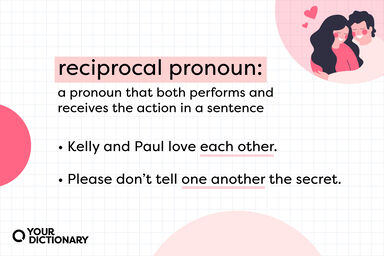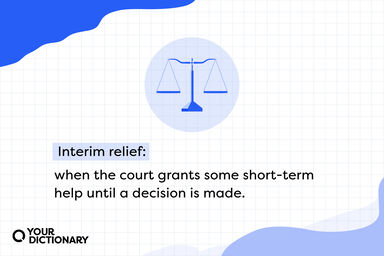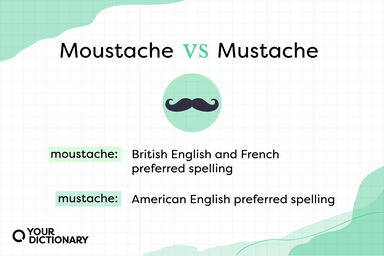Groom Definition
- bridegroom
- successful suitor
- married man
- benedict
- spouse
- husband
- ostler
- stableboy
- stableman
- hostler
- stable-boy
- equerry
Origin of Groom
-
From Middle English grom, grome (“man-child, boy, youth”), of uncertain origin. Apparently related to Middle Dutch grom (“boy”), Old Icelandic grómr, gromr (“man, manservant, boy”), Old French gromme (“manservant”), from the same Germanic root. Possibly from Old English *grōma, from Proto-Germanic *grōmô, related to *grōaną (“to grow”), though uncertain as *grōaną was used typically of plants; its secondary meaning being "to turn green".
From Wiktionary
-
1604, short for bridegroom (“husband-to-be”), from Middle English brydgrome, bridegome (“bridegroom”), from Old English brȳdguma (“bridegroom”), from brȳd (“bride”) + guma (“man, hero”), from Proto-Germanic *gumô (“man, person”), from Proto-Indo-European *dhg'həmo-, *dhg'homo-, equivalent to bride + goom.
From Wiktionary
-
Alternate etymology describes Middle English grom, grome as an alteration of gome (“man”) with an intrusive r (also found in bridegroom, hoarse, cartridge, etc.), with the Middle Dutch and Old Icelandic cognates following similar variation of their respective forms.
From Wiktionary
-
Germanic cognates include Icelandic gumi and Norwegian gume. Cognate to human from Proto-Indo-European via Latin homo.
From Wiktionary
Middle English grom N., sense 2, short for bridegroom
From American Heritage Dictionary of the English Language, 5th Edition
Second element reanalyzed as groom, "attendant."
From Wiktionary
Related Articles
Groom Is Also Mentioned In
Find Similar Words
Find similar words to groom using the buttons below.





